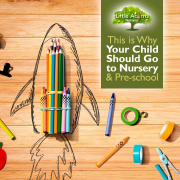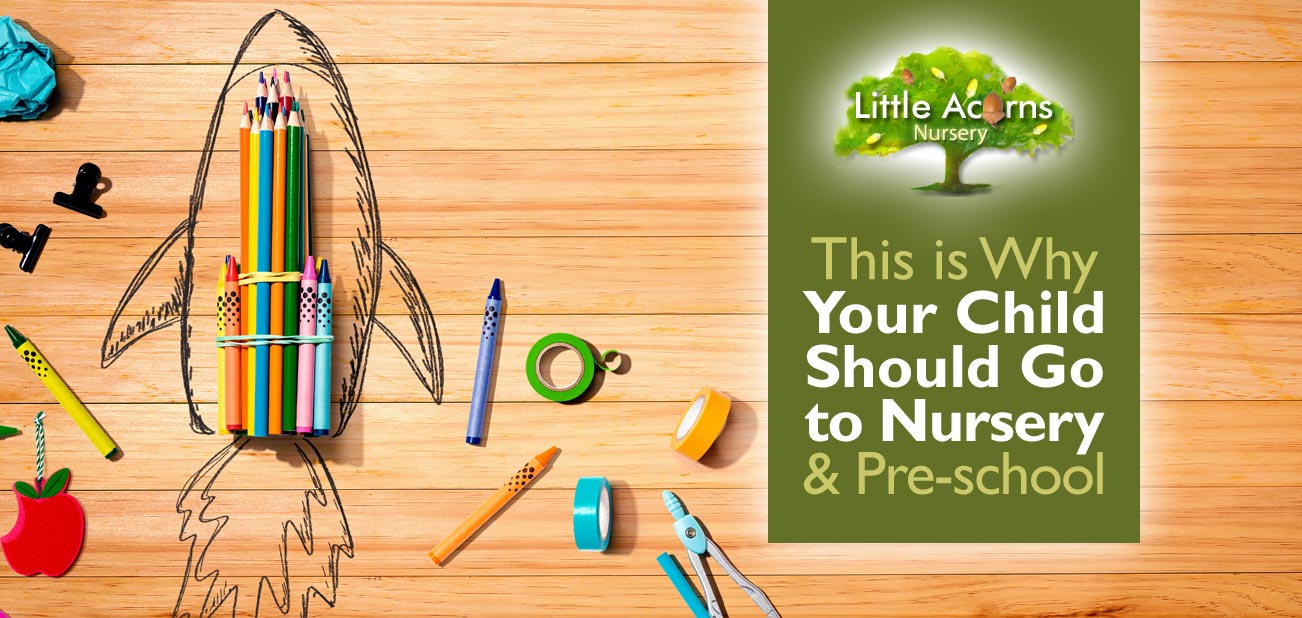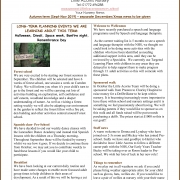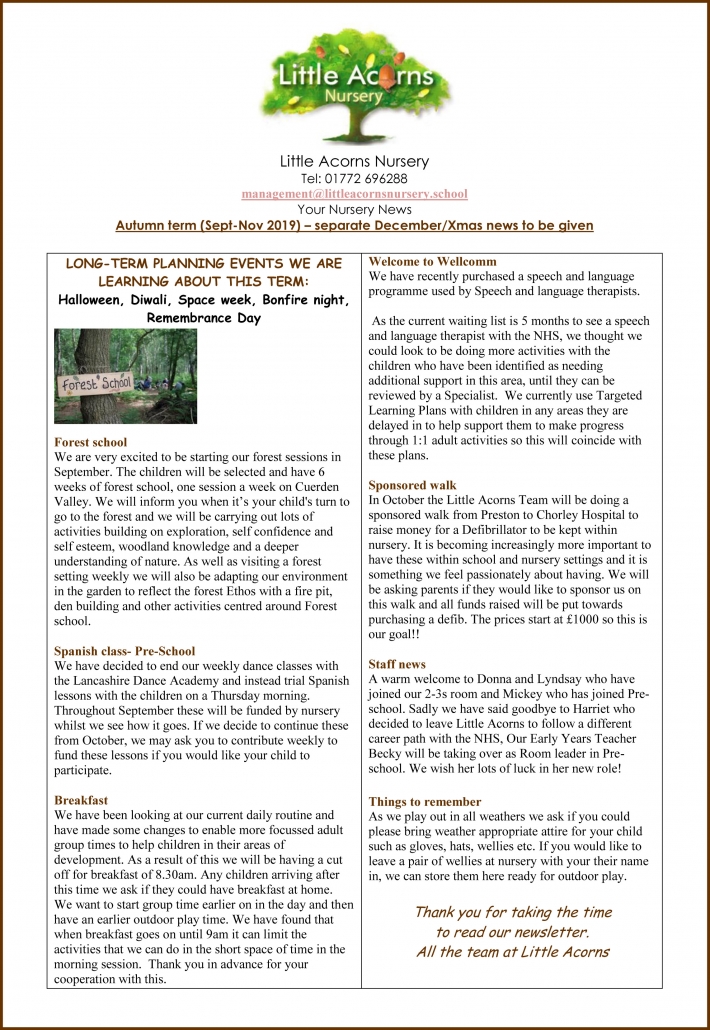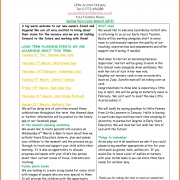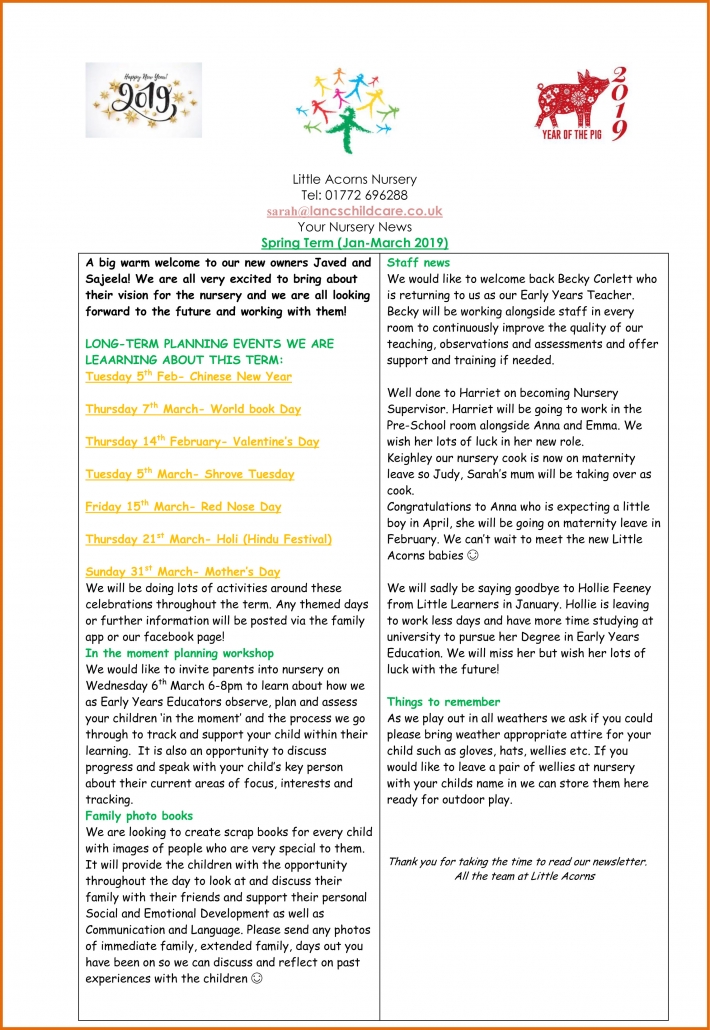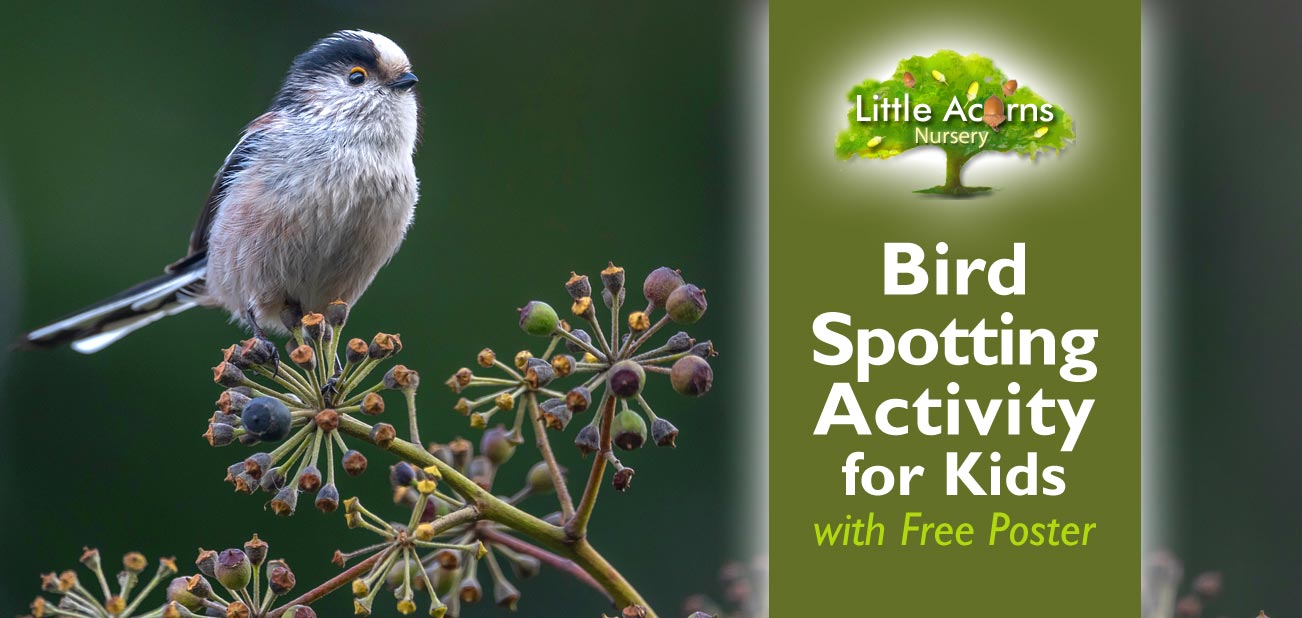
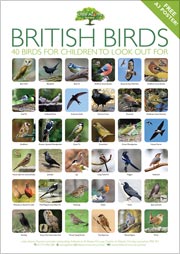 Are you looking for a fun and educational activity for your children? Why not encourage them to do some bird spotting? Not only is it a great way to spend time outdoors, but it’s also a wonderful opportunity for them to learn about nature and develop observation skills. As we know, being around nature is hugely beneficial to children and outdoor play is important.
Are you looking for a fun and educational activity for your children? Why not encourage them to do some bird spotting? Not only is it a great way to spend time outdoors, but it’s also a wonderful opportunity for them to learn about nature and develop observation skills. As we know, being around nature is hugely beneficial to children and outdoor play is important.
To help you get started, we’ve created a free PDF poster featuring 40 British birds that children can try to spot and identify. Whether little ones are in the garden, park, or countryside, there are plenty of opportunities to see these beautiful birds in their natural habitat. Children can even try to spot birds when they’re simply looking out the window — this is quite an accessible activity.
So why not download the poster, print it out, and head outside with your children? Instructions are given underneath the preview image shown below. Who knows, your little one(s) might just discover a new passion for birdwatching and nature!
Bird Poster Preview:
Bird Poster Download Instructions
The poster is supplied as an A3 Acrobat PDF file and is less than 5MB in size. Click the large preview image above (or this link) to download the poster file. Depending on your device and web browser settings, you can usually left-click to view the poster on screen or right-click to save the file, then view it by opening it in Acrobat Reader ∞. If printing, ideally print it to high quality A3 paper, or ‘reduce to fit’ if your printer only prints to A4. Viewing on screen is also recommended as the images are high resolution — you can zoom in to see the detail, even on the tiny inset images.
Teach Respect for Wildlife
Remember that the birds you’re observing are wild animals and should be treated with empathy and respect. Stick to designated trails or paths. This will help protect fragile habitats and minimize your impact on the environment. Teach children to avoid disturbing habitats, making loud noises, or getting too close to birds and other wild creatures. This is especially important when the time comes for young birds to leave their nests; they should not be disturbed and, generally speaking, their parents will know where they are even if you/your children cannot see them nearby.
With our free PDF poster featuring 40 British birds, you and your children can embark on an exciting adventure of birdwatching. Tick off each bird as you spot and identify them, and see how many of the 40 you can find over the course of the year. You might be surprised at how many different species you encounter!
An Outstanding Nursery & Preschool in Clayton-le-Woods, Chorley


We hope that our poster helps you and your family to start exploring the wonderful world of British birds! We love nature at Little Acorns and always encourage little ones to make the most of natural environments. It’s one of the many reasons we are also a Forest School setting.
We are an outstanding nursery/preschool in Clayton-le-Woods, offering the very best childcare service to babies and children under five. We support the Government’s free childcare funding schemes for eligible families too. If you’d like the very best start for your little one, enrol them for a place at Little Acorns and we’ll bring out the very best in them. We’d also welcome a visit, so why not arrange a tour and we’ll show you around and answer any questions you may have. Please select an option below to get started:
A Word About Safety:
While birdwatching is a fun and educational activity, it’s important to prioritise safety. Here are some tips to keep in mind while you’re out in the field:
- Pay attention to your surroundings and any potential hazards, such as steep drops or bodies of water. Always keep a close eye on children and make sure they stay within your line of sight.
- Make sure to wear comfortable, weather-appropriate clothing and footwear. Bring sunscreen and insect repellent if appropriate. Don’t forget some water, so you all stay hydrated.
- Binoculars can be a valuable tool for birdwatching, but ensure they are used responsibly. Children and adults should avoid aiming them directly at the sun and be aware of surroundings while looking through them.
By following these safety tips, you can ensure a fun and enjoyable birdwatching experience for the whole family. So head outside to discover the wonderful world of British birds!
Little Acorns is a nursery and pre-school located in Clayton-le-Woods, Chorley, in Central Lancashire. We are also conveniently close for those families living or working near Clayton Brook, Clayton Green, Thorpe Green, Pippin Street, Buckshaw Village, Whittle-le-Woods, Farington, Bamber Bridge, Lostock Hall, Euxton, Leyland or Penwortham.

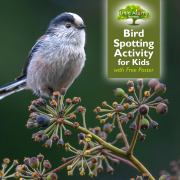
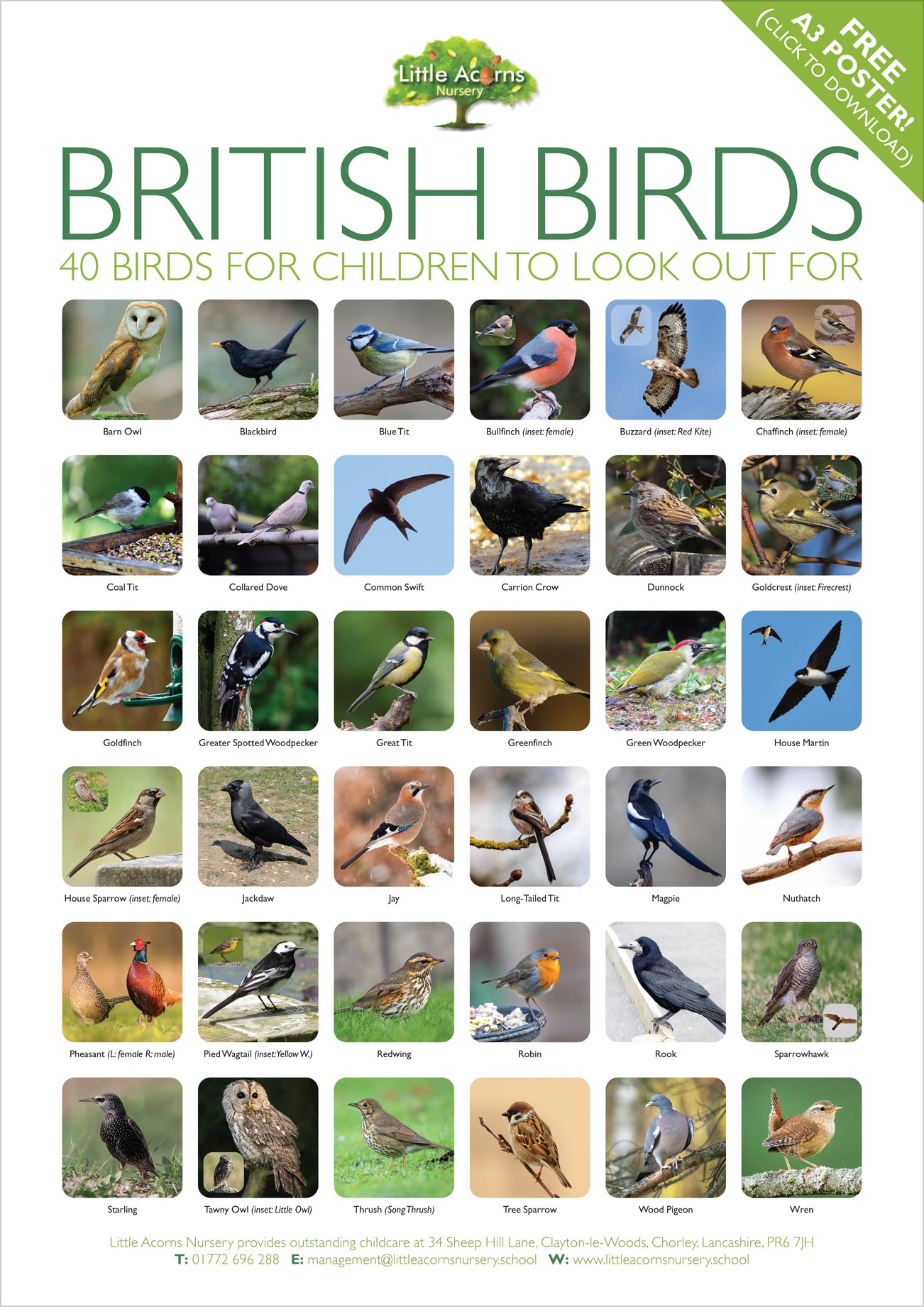
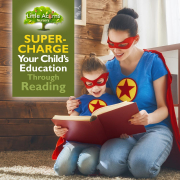
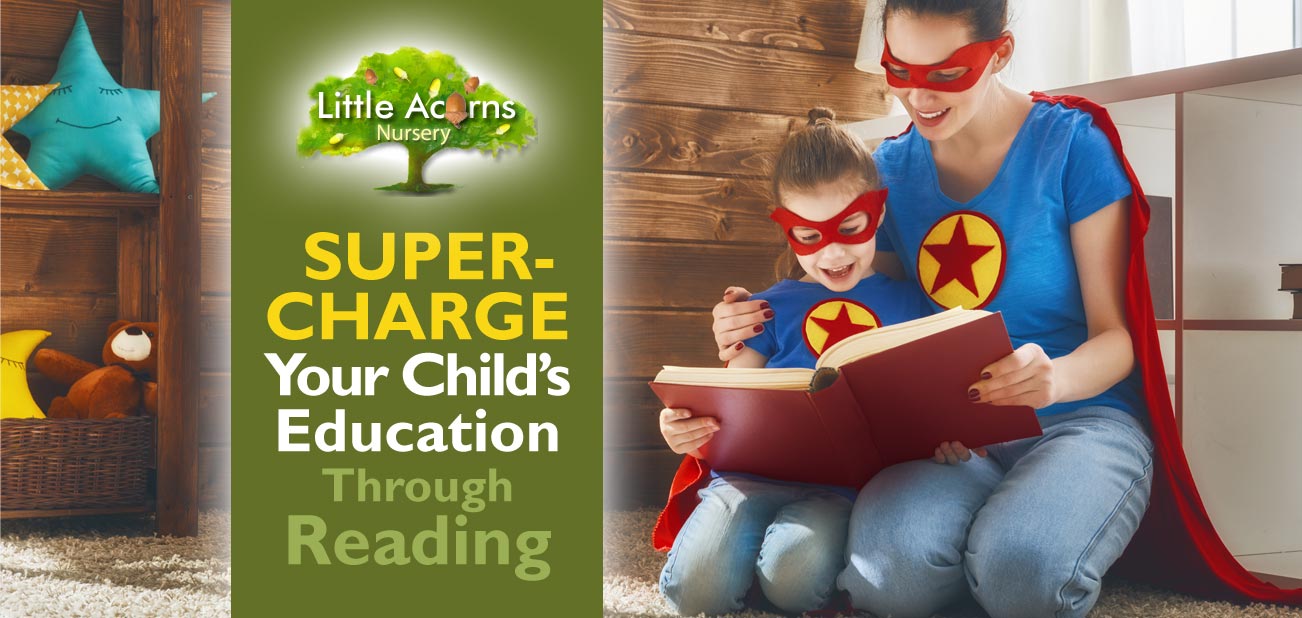
 Last year, we wrote a detailed post outlining
Last year, we wrote a detailed post outlining  Interestingly, under-five children who came from disadvantaged backgrounds were shown to benefit even more than those who didn’t. For this reason, reading with parents/carers has been proposed as a possible way to close the performance deficit often seen with children from such backgrounds. It may well represent a perfect solution to even up the playing field.
Interestingly, under-five children who came from disadvantaged backgrounds were shown to benefit even more than those who didn’t. For this reason, reading with parents/carers has been proposed as a possible way to close the performance deficit often seen with children from such backgrounds. It may well represent a perfect solution to even up the playing field. Deeper bonds with parents/carers (after all, this is quality time spent together, one-to-one);
Deeper bonds with parents/carers (after all, this is quality time spent together, one-to-one);